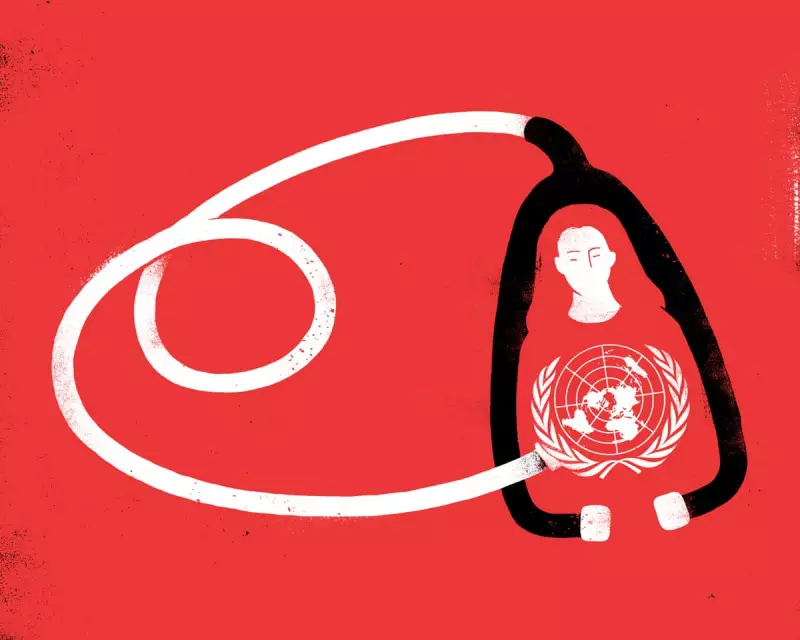
The United Nations, conceived from the ashes of global conflict to be a beacon for peace and human rights, stands at a precipice. Its credibility, painstakingly built over decades, is being eroded by its perceived impotence in the face of overwhelming human suffering in Gaza, Ukraine, and Sudan. For this institution to have any relevant future, it must undertake a profound and urgent journey to recover its lost moral courage.
The statistics are not merely numbers; they represent a catastrophic failure of the international system. Over 40,000 deaths in Gaza, a territory transformed into what a UN official termed a ‘humanitarian hellscape’. Millions displaced and starving in Sudan amidst a brutal civil war. Continued aggression and devastation in Ukraine. These parallel crises expose a stark truth: the UN's core mechanisms for maintaining peace and protecting civilians are paralysed.
The Paralysis of the Security Council
The primary obstacle remains the UN Security Council, where the veto power of its five permanent members—particularly the US, Russia, and China—has become a tool for perpetuating violence rather than stopping it. The repeated blocking of resolutions demanding a ceasefire in Gaza is the most glaring recent example. This isn't just political gridlock; it is a direct enabler of further bloodshed, rendering the council's purpose null and void when it is needed most.
Beyond Condemnation: The Need for Action
Strong words from officials like Secretary-General António Guterres, while important, are no longer enough. The UN must leverage all tools at its disposal. This means:
- Invoking the Uniting for Peace Resolution: Circumventing Security Council vetoes by taking the matter of Gaza and other crises directly to the General Assembly for decisive action.
- Asserting Humanitarian Authority: Demanding, not requesting, access for aid convoys and using the UN's logistical prowess to lead a sustained relief effort, particularly in northern Gaza.
- Upholding International Law: Fully supporting and cooperating with international courts, like the ICC and ICJ, in their investigations into alleged war crimes, regardless of the perpetrators.
A Test of Leadership and Legacy
This is a defining moment for Secretary-General Guterres and the UN's leadership. History will judge them not by the number of statements released, but by the tangible actions taken to alleviate suffering and uphold the charter they are sworn to protect. The institution must choose: will it be a mere spectator to atrocity, or will it rediscover the fierce moral courage of its founders and act as the ultimate protector of the world's most vulnerable?
The path to reclaiming relevance is difficult and will face fierce opposition from powerful states. But the cost of inaction is immeasurably higher—more lives lost, more conflicts fuelled, and the final diminishment of the world's last best hope for collective peace and security.





